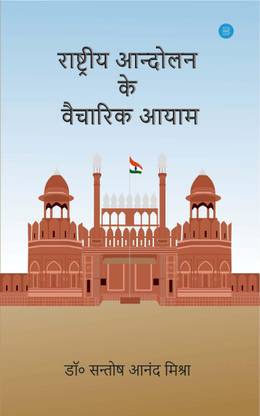Sushma Swaraj: A Beacon of Leadership and Compassion
**Early Life and Education**
Sushma Swaraj, born as Sushma Sharma on February 14, 1952, in Ambala, Punjab (now in Haryana), India, emerged from a middle-class family with strong roots in social and political activism. Her father, Hardev Sharma, was an ardent member of the Rashtriya Swayamsevak Sangh (RSS), which influenced her future political orientation towards the Bharatiya Janata Party (BJP). Swaraj's academic pursuits led her to Panjab University in Chandigarh, where she earned a law degree and subsequently qualified to practice in the Supreme Court of India in 1973.
During her formative years, Swaraj was actively involved in the Akhil Bharatiya Vidyarthi Parishad (ABVP), a youth organization linked to the RSS. Her marriage to Swaraj Kaushal in 1975, a lawyer and politician who later became the Governor of Mizoram, saw her adopting his first name as her surname.
**Political Career**
**Early Political Involvement and Rise in BJP**
Sushma Swaraj's political career commenced with the Janata Party, and at the youthful age of 25, she was elected to the Haryana Legislative Assembly in 1977, becoming the youngest cabinet minister in the state's history. During her two terms in the state assembly (1977–82 and 1987–90), she managed significant portfolios like labor and employment, education, food, and civil supplies.
In 1984, she aligned herself with the BJP and quickly ascended the party hierarchy to the role of general secretary. Despite initial electoral defeats in the Lok Sabha elections of 1980, 1984, and 1989, her tenacity was rewarded when she was elected to the Rajya Sabha in 1990. Her breakthrough came with her election to the Lok Sabha in 1996, serving briefly as the Minister of Information and Broadcasting in Atal Bihari Vajpayee's short-lived government.
**First Woman Chief Minister of Delhi**
In 1998, Swaraj was re-elected to the Lok Sabha and resumed her role as Minister of Information and Broadcasting. Later that year, she became Delhi's first woman Chief Minister, albeit for a brief period. Following the BJP's defeat in the Delhi assembly elections, she returned to national politics.
**Electoral Battle with Sonia Gandhi**
One of the defining moments of Swaraj's career was her spirited campaign against Sonia Gandhi in the 1999 parliamentary elections for the Ballari constituency in Karnataka. Despite a narrow loss, her portrayal as the *swadeshi beti* (daughter of the country) contrasted starkly with Gandhi's image as the *videshi bahu* (foreign daughter-in-law), capturing national attention.
Post this contest, she was elected to the Rajya Sabha in 2000, serving as the Minister of Information and Broadcasting (2000–03), and subsequently as the Minister of Health and Family Welfare and Parliamentary Affairs (2003–04) in the NDA government.
**Leader of the Opposition**
After the Congress-led United Progressive Alliance's triumph in the 2004 elections, Swaraj's influence continued in opposition politics. Her victory in the 2009 Lok Sabha elections was marked by a substantial margin, leading to her appointment as the Leader of the Opposition in the lower house—the first woman to hold this position.
**Minister of External Affairs (2014–2019)**
Sushma Swaraj's political career reached its zenith with her appointment as the Minister of External Affairs in 2014, following a significant win in the Lok Sabha elections. She was only the second woman, after Indira Gandhi, to hold this prestigious position. Her tenure was characterized by her compassionate diplomacy and prompt assistance to Indian citizens abroad, often leveraging social media to communicate and resolve issues—a move that earned her the moniker of a people's minister.
Even after undergoing a kidney transplant in 2016, she continued her dedicated public service. In 2019, Swaraj chose not to contest the elections and concluded her ministerial duties at the end of Modi's first term.
**Death and Legacy**
Sushma Swaraj passed away on August 6, 2019, at the age of 67, following a cardiac arrest. Her passing elicited profound grief and respect across political lines and from international quarters. In recognition of her distinguished public service, she was posthumously awarded the Padma Vibhushan, India’s second-highest civilian honor, in 2020.
Her legacy lives on through her daughter, Bansuri Swaraj, who was elected to the Lok Sabha in the 2024 general elections. Sushma Swaraj is eternally remembered for her political prowess, empathetic nature, and unwavering dedication to public service.
Sushma Swaraj's life stands as a testament to her unwavering commitment to her country, marked by significant political achievements and a legacy of compassion and leadership that continues to inspire generations.















1 Comments
Keep it up sir🙏🙏
ReplyDeleteTruly appreciable very helpful information 👏
Thank you